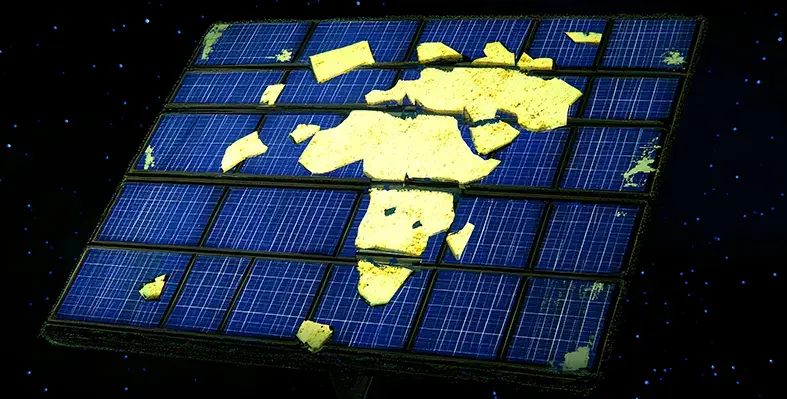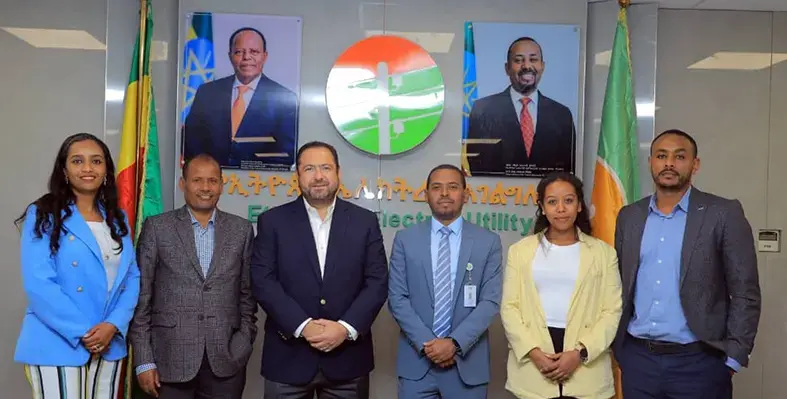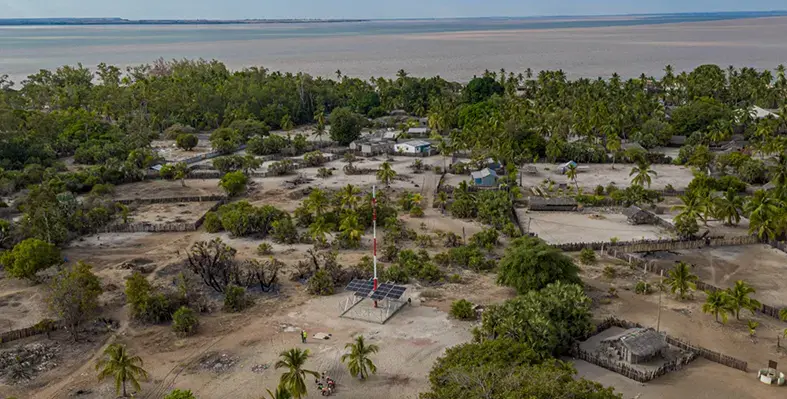
This partnership further positions Ghana as one of Africa’s most internationally connected countries
CSquared, a pan-African technology company dedicated to enhancing digital connectivity across the continent, has officially submitted its application to join LINX Accra, Ghana’s newly established Internet Exchange Point (IXP)
The move aligns with CSquared’s broader mission to foster a more inclusive and interconnected Africa and follows the company’s recent expansion of its West African fibre network.
Operated by the London Internet Exchange (LINX), LINX Accra is a fully redundant, multi-site interconnection hub built to future-proof digital services and strengthen Ghana’s connectivity landscape. The exchange currently operates at Onix and PAIX data centres, with a third site planned at Digital Realty’s ACR2 facility. LINX Accra provides low-latency, cost-efficient peering solutions that keep local traffic local, reducing dependence on international transit routes.
Jennifer Holmes, CEO of LINX, said, “Having CSquared not only as a new network to the LINX community, but as one of our first champions connecting to LINX Accra is amazing. We value the support of such a key player in the region for connectivity.”
CSquared’s application follows its significant infrastructure achievement: the deployment of a strategic cross-border fibre backbone across West Africa. This network connects coastal and landlocked nations, including Ghana, Nigeria, Côte d’Ivoire, Liberia, and Burkina Faso, delivering high-capacity, low-latency connectivity that complements subsea cable systems such as Equiano, where CSquared serves as the landing partner in the Republic of Togo.
“Joining LINX Accra is a natural step in our journey to empower Africa’s digital future,” said Ian Paterson, CEO of CSquared.
“Our expanded fibre backbone is designed to reduce single points of failure and deliver resilient, scalable connectivity. By peering locally in Ghana, we’re helping to build a stronger, more efficient Internet ecosystem for the region.”
The combination of CSquared’s terrestrial fibre network with LINX Accra’s interconnection platform is expected to accelerate digital transformation, support local ISPs and enterprises, and attract global digital services to West Africa. This partnership further positions Ghana as one of Africa’s most internationally connected countries, leveraging its strategic location, thriving technology ecosystem, and robust digital infrastructure.

























